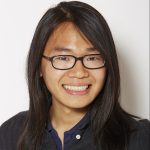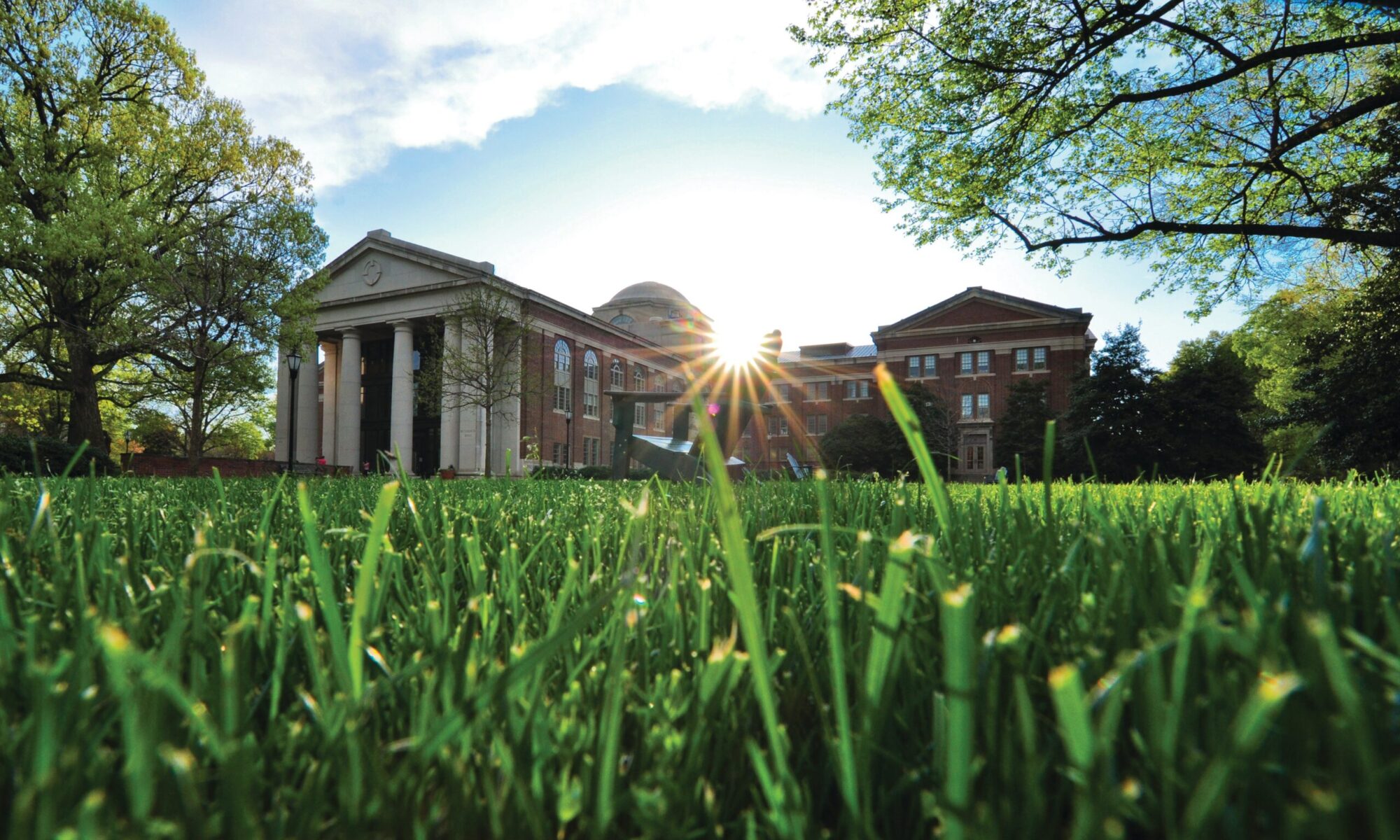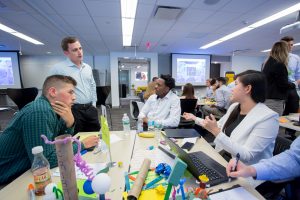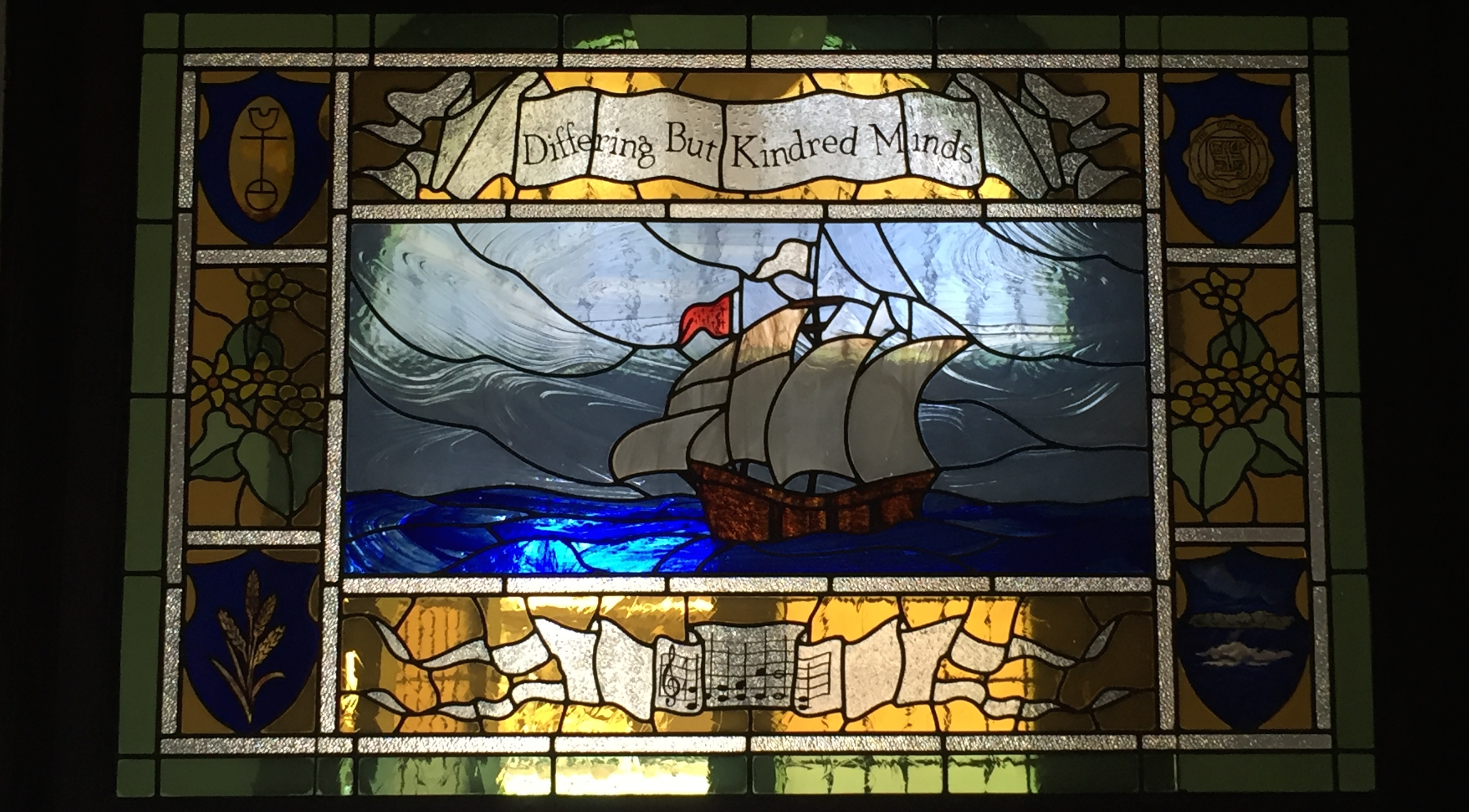
Growing up, being queer was a hush-hush topic in many spaces I’ve been to. Being your authentic self meant being everything but out and proud. Whether it was middle school or the professional world, people just didn’t talk about it. Imagine my surprise when I heard of a professional conference opportunity specifically for queer undergraduate students. It’s not just one opportunity, but four. Out for Undergrad (O4U) offers four different conferences all in major cities around the United States: The Marketing conference is offered in Chicago, the Business conference is offered in New York, the Technology conference is offered in San Francisco, and the Engineering conference is offered in Palo Alto, CA. Did I mention that they cover your airfare and hotel?
I had first heard about O4U from Kai Jia, a Davidson alumnus who served as an ambassador for O4U. O4U is meant to help queer undergraduate students get their foot in the door of so many of these major career fields. The focus on academic and career development by fellow queer peers who volunteer their time to make this conference a success is the very meaning of community to me. The speakers, the volunteers, the staff at O4U really do want us to succeed and so planned for an entire year to put together all four of these conferences.
This year I chose to attend the O4U Marketing conference in Chicago, IL. The year before I attended the Technology conference in San Francisco. It was my first time in Chicago and I had a wonderful time. The itinerary was of course packed from 8 am in the morning to 7pm in the evening but the connections I made were worth all the while. Coming into the conference we were already given an assignment to provide hands-on experience in the field of marketing. The selected few participants with exceptional presentations had the chance to present their assignments to all of us. The winner got a position for a first round interview with a major company.
Each conference has their own career fair and so I was able to network with so many people from companies like Pepsico, Henkel, Neilson, Pandora, and even the toothpaste company Colgate. There were plenty of networking opportunities throughout the conference and I highly suggest everyone take advantage of it to get their name known. It’s only one weekend around mid-September or mid-October so take your pick and I hope you’ll have a great time connecting with professional queer peers as I did.









 At Davidson, that changed, slowly, then seemingly all at once. I got involved in Davidson’s interfaith group, Better Together, as a secular person. Through meals, conversations and celebrations I began to understand the fundamental role faith can play in a person’s identity. I realized that if I really wanted to know my friends and peers, I could no longer dismiss the importance of religion and religious understanding. Interfaith work also prompted me to dig deeper into my own beliefs. When I began to let go of a binary understanding of faith I started to find that a lot of the language and values of Christianity helped me find depth and grounding in my own identity, as well as my responsibilities to other people and relationships.
At Davidson, that changed, slowly, then seemingly all at once. I got involved in Davidson’s interfaith group, Better Together, as a secular person. Through meals, conversations and celebrations I began to understand the fundamental role faith can play in a person’s identity. I realized that if I really wanted to know my friends and peers, I could no longer dismiss the importance of religion and religious understanding. Interfaith work also prompted me to dig deeper into my own beliefs. When I began to let go of a binary understanding of faith I started to find that a lot of the language and values of Christianity helped me find depth and grounding in my own identity, as well as my responsibilities to other people and relationships. But, here’s what I do know – ministry is hard, and hard to define. Over the course of nine weeks I led prayers, gave communion, wrote and delivered a sermon, planned a vespers service, helped with home visits and attended a weekly bible study with local ministers of a different denomination. I also volunteered at a food pantry and an interfaith garden, created and ran a church Instagram account, protested the police killings of Philando Castile and Anton Sterling, helped organize a vigil for the victims of the Orlando massacre and ordered lawn signs for the church and our members, which read “To our Muslim neighbors a blessed Ramadan”.
But, here’s what I do know – ministry is hard, and hard to define. Over the course of nine weeks I led prayers, gave communion, wrote and delivered a sermon, planned a vespers service, helped with home visits and attended a weekly bible study with local ministers of a different denomination. I also volunteered at a food pantry and an interfaith garden, created and ran a church Instagram account, protested the police killings of Philando Castile and Anton Sterling, helped organize a vigil for the victims of the Orlando massacre and ordered lawn signs for the church and our members, which read “To our Muslim neighbors a blessed Ramadan”.
